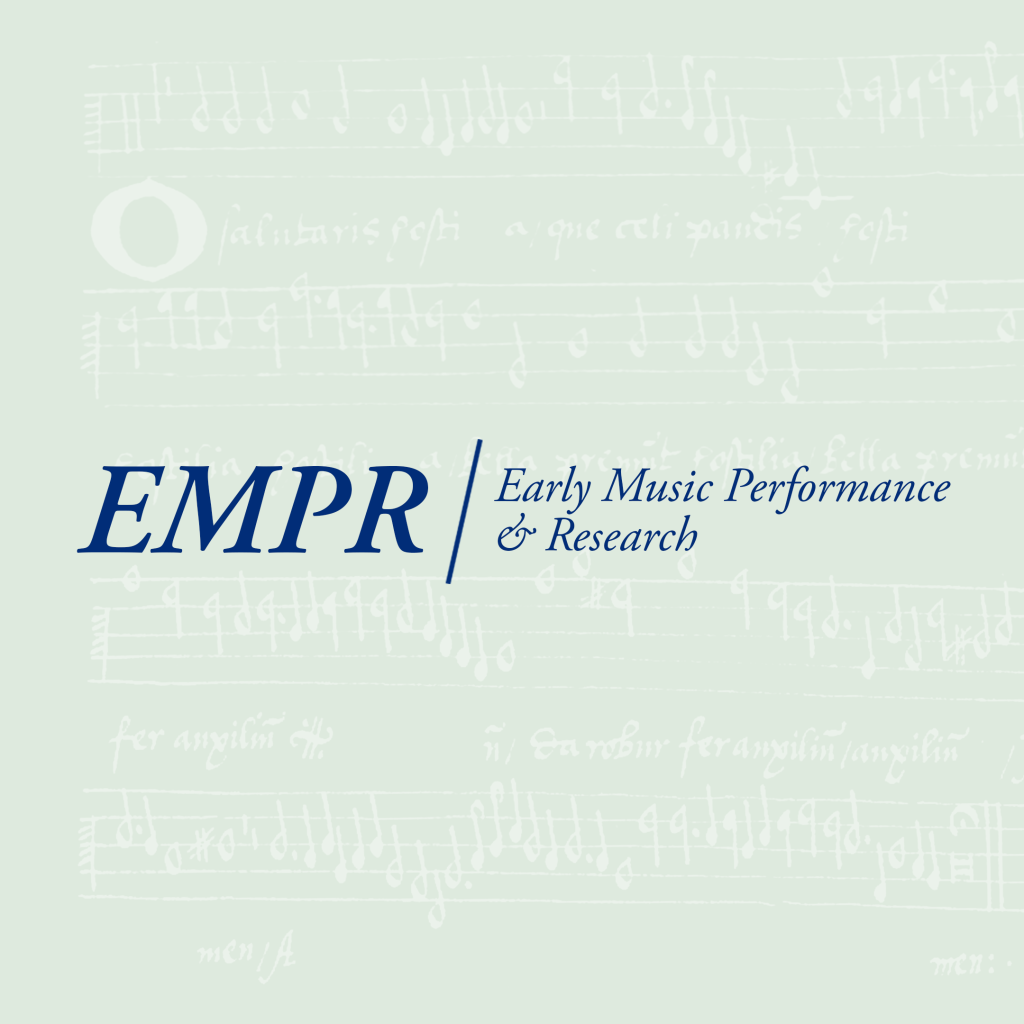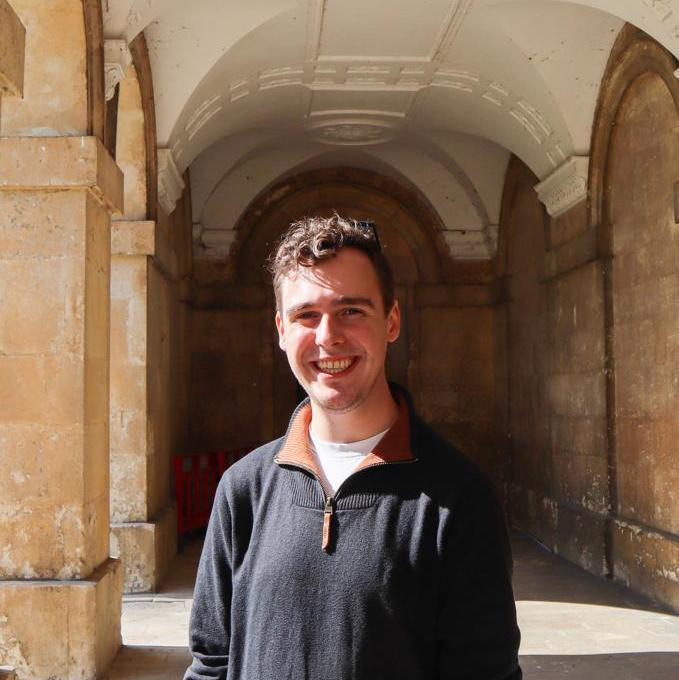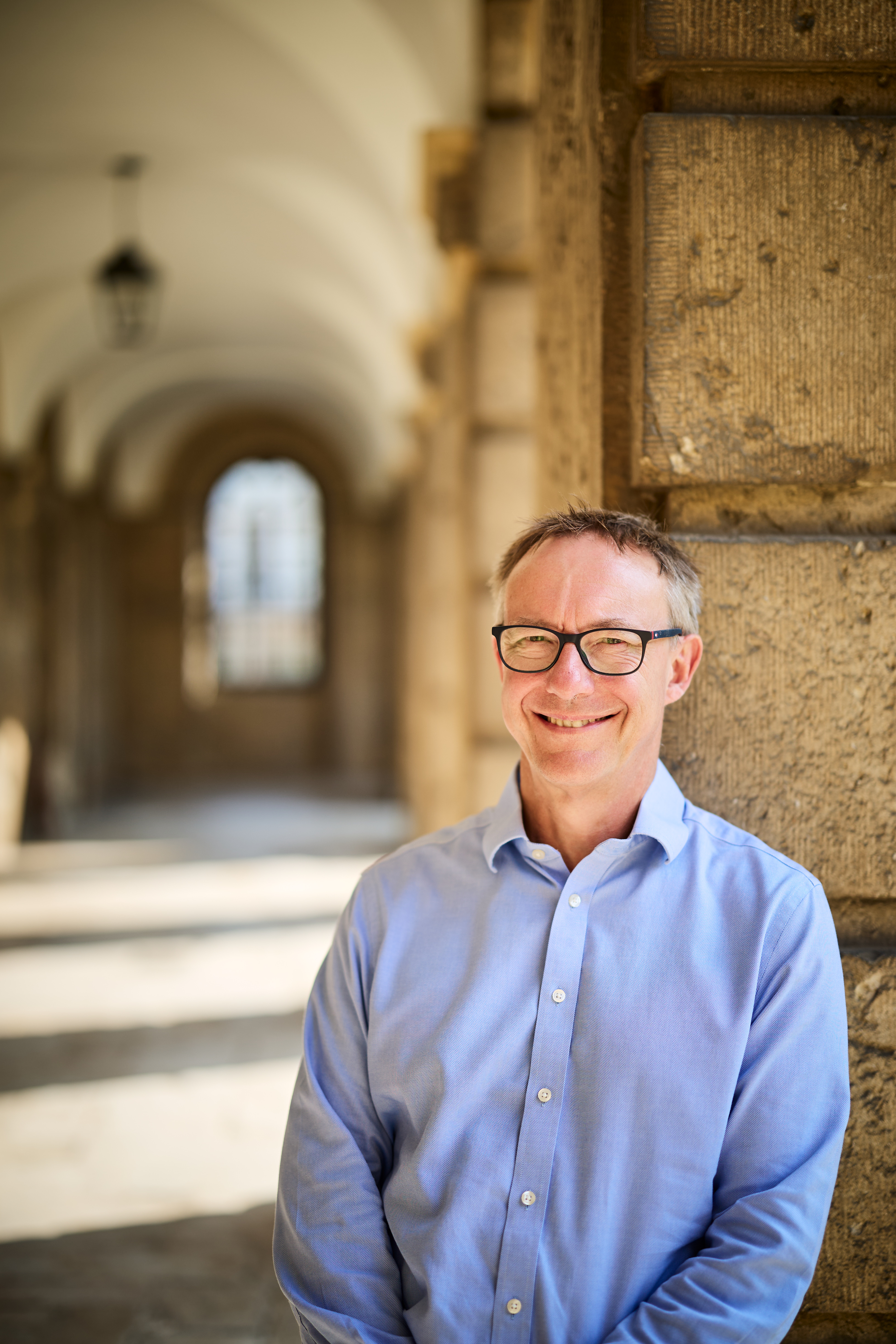The College warmly congratulates current music student Sam Teague who has been appointed as Editor of Early Music Performance & Research, the Journal of the National Early Music Association (NEMA). We asked Sam to tell us about his new role.
Congratulations Sam! What are your plans and priorities for the first issue?
Thank you, it’s truly humbling to have been trusted with such a thing! My tenure coincides with two large changes for the journal, the first being that of an expending of remit, to cover aspects of general research into Early Music, rather than a pure focus on performance – this has necessitated a change in name, with the journal formerly titled Early Music Performer. The second is a shift to a purely digital format – I am hoping to exploit the benefits of this new medium, allowing contributors to utilise a far broader set of resources within their work, such as embedding recordings (both audio and video), scores, animated graphics, etc. into articles.
My priorities are to construct a strong first issue, to be released in November, ahead of the 25th anniversary issue which will come out around May 2024 – this will be suitably celebratory in subject matter too, covering topics retrospectively from this 400th anniversary year of William Byrd, Thomas Weelkes, and John Playford.
You’ve previously said how much you value the practical side of musicology as well as being passionate about working with manuscript materials. How will you balance content about performance with exploration of research?
Editing this journal puts me in the perfect position to practice what I preach, if you will. The historic readership for the journal consists of those who are active and interested in the practical, performance aspects of early music; how might it have been played, what would it have sounded like, etc. Combining this with ‘more regular’ musicology will allow each side of the fence to contextualise and complement one another, hopefully resulting in a cohesive whole! I aim to keep a balance between the two, so that there will be something in every issue for the historic readership, to whom I have a duty to continue providing quality content, as well as any new audiences.
How did arranging the conference about the world of 17th century music last year prepare you for this role?
The conference last May did many things to prepare me for other jobs and roles in the world of academic-music (for lack of a better term!). It necessitated forging strong links with many people in the field, which I think is one of the most important things you can do when you are an early career researcher/academic. The contacts I made last year have been instrumental in keeping my finger on the pulse, and was ultimately what tipped the scales and convinced me to apply for this role.
What have been the highlights of singing with the choir since we last caught up with you?
Well, the events of yesterday (Thursday, 15 June) are possibly some of the greatest highlights from my time with the choir.
Continuing in a long string of engagements as part of the Portugal-UK 650 celebrations (which included the May 2022 Conference & Concert and a substantial tour to Portugal last summer), the choir sang a service of thanksgiving for the 650th anniversary of the Anglo-Portuguese alliance at the Queen’s Chapel (St James’s Palace) in the presence of HM The King, and HE The President of the Portuguese Republic – a truly magnificent occasion.
A smaller number of us were then whisked off via minibus to Waddesdon Manor to sing for the opening of an art installation – another part of the Portugal-UK 650 celebrations – which was a Portuguese-style folly, designed as a 12-metre high wedding cake! A wonderful, if slightly surreal day, in all!
Photo: Bethan Winter




